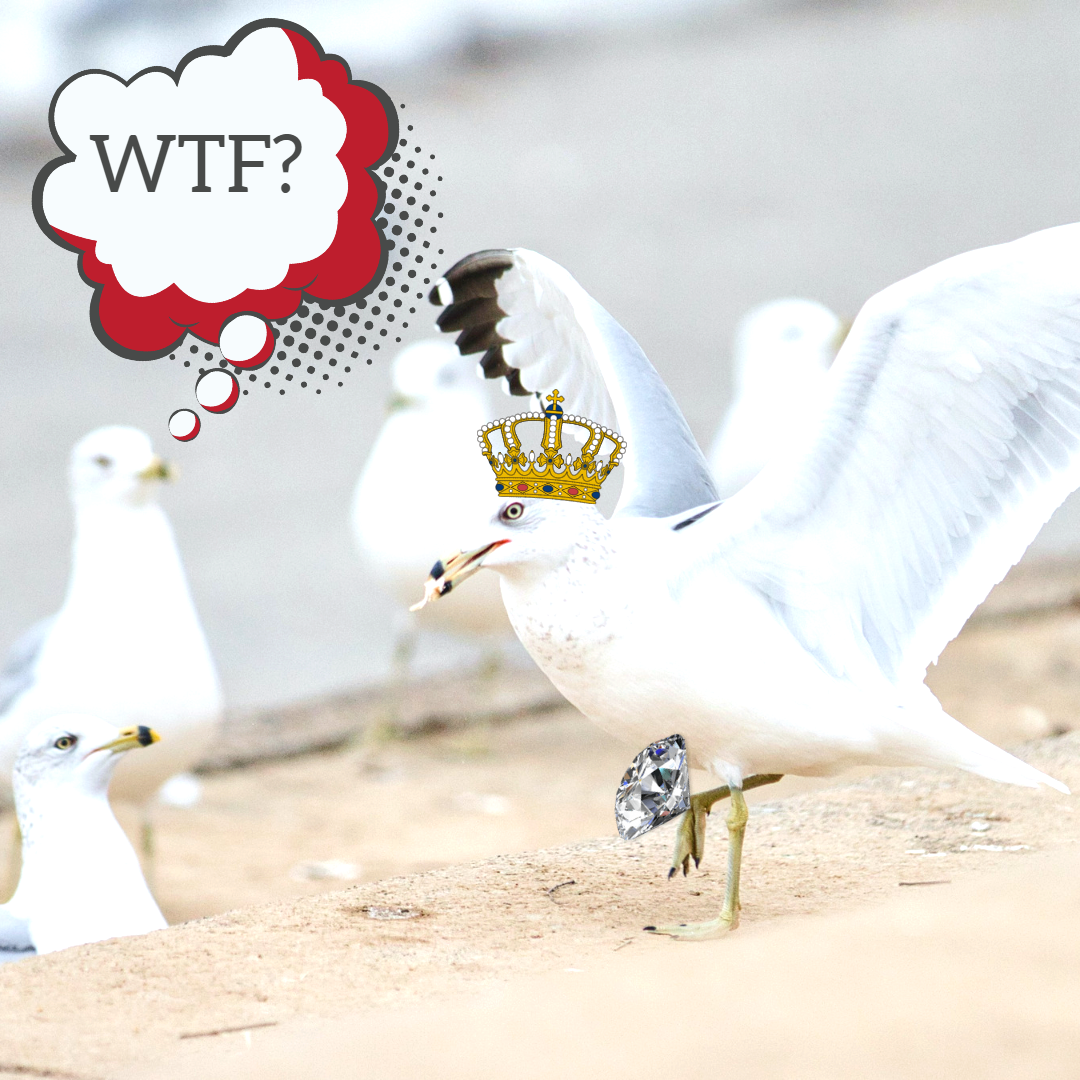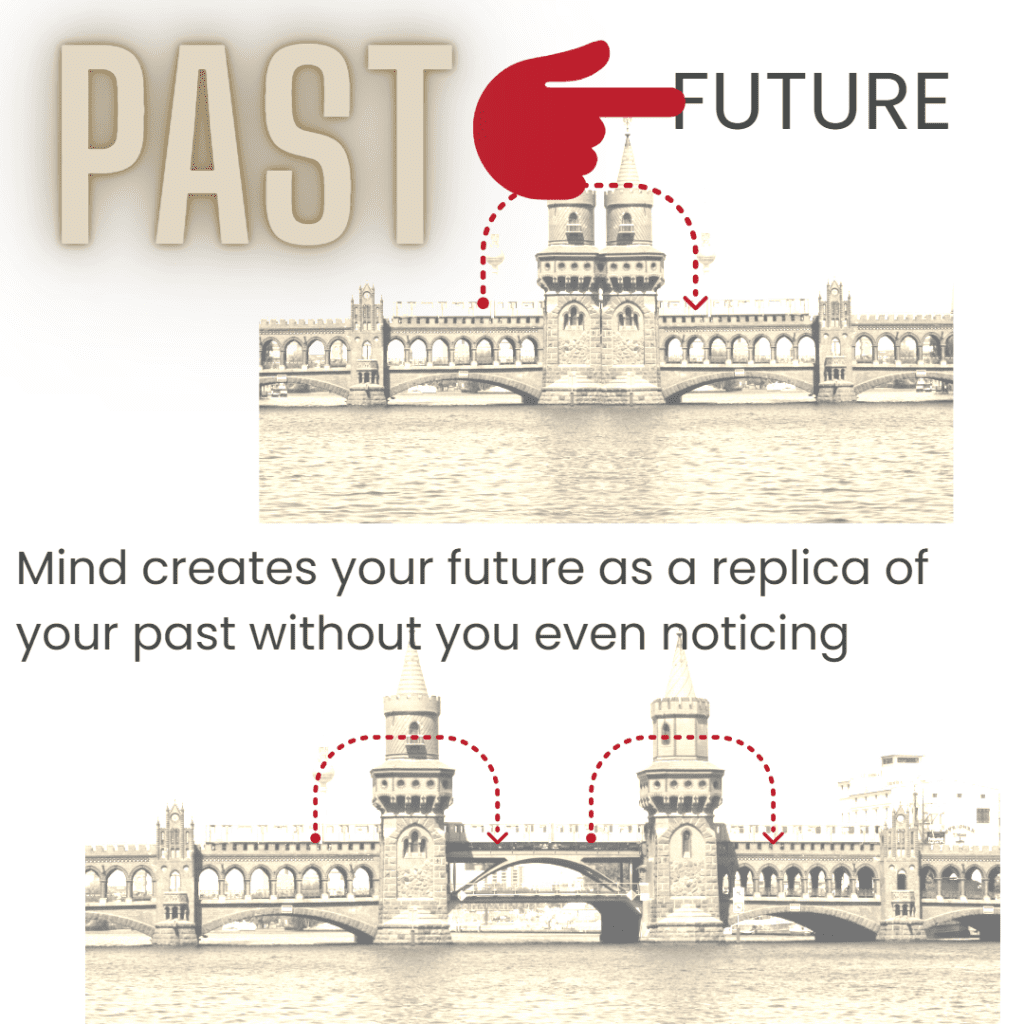
He’s Got More Than Me (And He Shouldn’t Have)
25 May 2022
If the future was the same as the past,
… nothing would ever change. We know this. Of course 2022 was never going to be the same as 2021 or 2012.
Yet, when you’re anxious, your mind is recreating the past and stamping it on to the future. This projection is so convincing that we truly believe that whatever limitations we experienced, or mistakes we made, will happen again.
Our copy and paste version of the past is often much worse than what actually happened, because our minds remember intense fear and discomfort more vividly, while more pleasant experiences fall out of focus.
It’s already happened
Perhaps you feel anxious about something that hasn’t happened, but could happen? Most people have never been homeless, and the vast majority of children survive and more or less thrive to adulthood and beyond. What we fear is not so much what will happen, but how we imagine we would feel about it.
English psychoanalyst and author of many classic texts, Donald Winnicott says,
“Tell me what you fear and I will tell you what has happened to you.”
You cannot stop your mind doing this, any more than you can stop it thinking
You wouldn’t be able to function without using past experience to assess your current situation. You’d be overwhelmed with sensory inputs and possibilities.
Without the past to frame our present, we would be lost in the wonders of trees, clouds, sky, and other humans. Your mind needs its past to decipher the world around you now; to tell you what to go towards and what to move away from.
But the future you are imagining might not be quite as solid and inevitable as your mind would have you believe. Knowing that it is constructing your future using past events – and past feelings – helps to poke a few holes in this imagined future. So does understanding that it does this to increase your chances of living to see another day.
Change the present to change the future past
One way to expand your possibilities in the future is to open yourself to new experiences now. Lisa Feldman-Barrett, neuroscientist and psychologist, recommends taking the opposite side of the argument on the topics you are most passionate about – just to try a different way of thinking. She also suggests that you widen your social circle to include people who don’t see the world as you do. Taking part in activities you wouldn’t normally do, or just responding to usual things in unusual ways, will also add variety to your library of experiences.
Rather than a serious and earnest project, it is a game to play, one where you take steps as large or small as you can easily maintain.
By behaving differently and thinking differently, the past you experience in the future – your future past – will include a greater variety of experiences and so your copy and paste future will be richer with possibilities.
Live in the Now. Yawn
Being in the now, living for the moment, is the advice given to those wanting more peace and happiness in lives.
This is oft repeated but spurious advice. You’re always in the now, it’s just your mind is playing a movie to convince you that you’re elsewhere. It’s just what it does and how it works. I can’t get back to the present because never left it.
English writer Jeanette Winterson‘s perspective is more compelling. Within this short sentence, there is a call to courage – if this moment really will never be repeated, if this is it – why not live it fully?
“It’s hard to remember that this day will never come again. That the time is now and the place is here and that there are no second chances at a single moment.”



